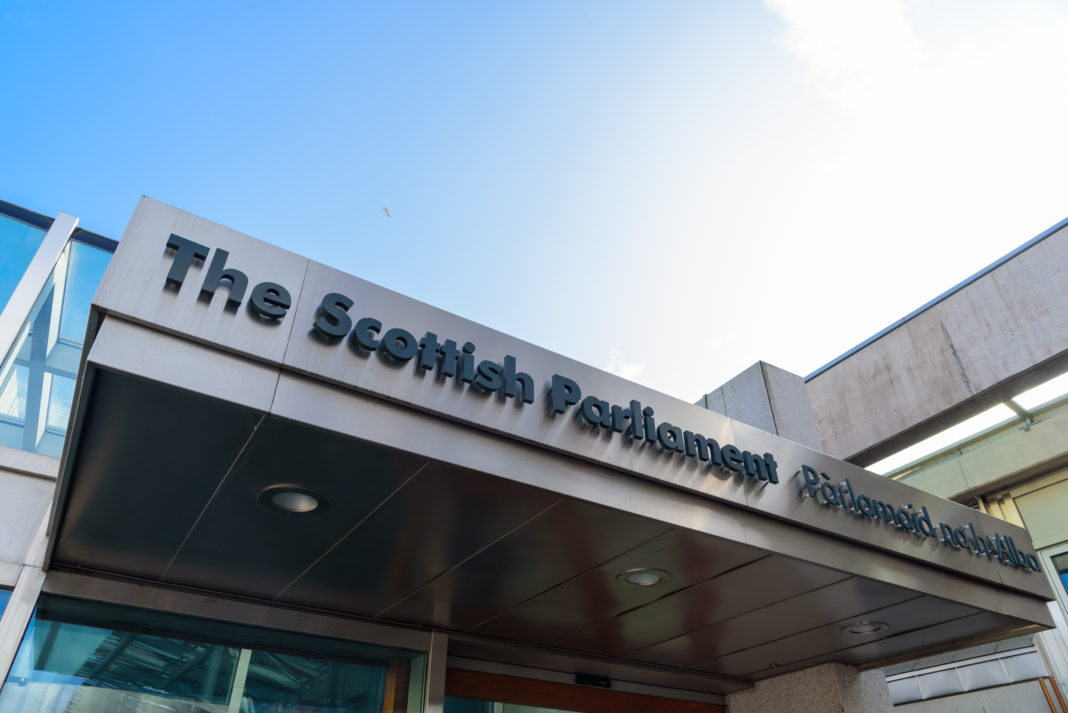
NEW proposals could see rent increases in Scotland limited to the consumer price index (CPI) plus 1% – up to a maximum increase of 6%.
If approved by parliament, the rent cap would apply to increases both during the term of a tenancy and in between tenancies.
The Scottish Government explained that the proposed rent cap would stabilise rents, support tenants, and help to tackle poverty, whilst also providing ‘appropriate protection’ for the property rights of landlords and supporting investment.
A consultation in Spring 2025 will seek views on how powers that allow exemption from rent controls or rent increases above the cap could be used by Scottish ministers.
Housing minister Paul McLennan said, “The housing (Scotland) bill includes a package of reforms which will help ensure people have a safe, secure, and affordable place to live.
“Eradicating child poverty remains this government’s priority and having a home can make a direct contribution to achieving this. This is why ensuring families can have secure and affordable homes that meet their needs is part of our approach to tackling the housing emergency.
“There is a consistent view that Scotland needs a thriving private rented sector – one that offers good quality, affordable housing options and values the benefit that investment in rented property delivers. This announcement provides certainty for tenants and continues to encourage investment.
“Setting out the form of the rent cap in this way – with CPI as the basis – allows for a reflection of the costs to landlords of offering a property for rent whilst offering protection for tenants in terms of limiting more significant rent increases.
“We are bringing forward a system of rent control that works for Scotland – a system that supports stabilisation of rents for tenants, whilst ensuring there can be a balanced approach that provides appropriate protection for the property rights of landlords and supports investment in the development of rented homes.”
Commenting on the announcement, David J Alexander, CEO of DJ Alexander Scotland, said, “This is welcome news. Everybody involved in the private rented sector (PRS) has been frustrated at the uncertainty of the Scottish Governments’ policy on rent controls but this amendment offers landlords and investors a degree of hope for the future.”
“Most would agree that rent increases capped at CPI+1% up to a maximum of 6% is a fair offer and would allow landlords to plan for the future with a greater degree of certainty. Although there is to be further consultation next year – which sounds unnecessary given how much these issues have already been discussed – this is a change which, if approved in the final stages of the bill, should free up investment and start to resolve the current housing crisis.”
The Association for Rental Living (ARL) chief executive Officer Brendan Geraghty commented, “The ARL welcomes the statement made today by the Scottish Minister for Housing Paul McLennan that recognised the need for certainty for investors and developers of purpose-built rental housing at scale, and the announcement of further consultation will take place about rent control for such homes.
“However, the ARL opposes rent caps in any form. Such controls lower investor confidence and inhibit the ability to deliver customer, community and investor value. Institutional investors in build to rent (BTR) invest for the long term, this means that they are equally committed to creating sustained community value as they are to delivering investment value. Rent caps harm long term investment in both.
“As the minister reflected, investors require the certainty of stable returns to enable the substantial investment they can bring to deliver quality homes in Scotland. If rent control is in play, it can disrupt and harm the certainty of those returns.
“A number of investors, which have successfully invested in BTR in Scotland, have put further schemes on hold or abandoned them altogether – around £2.5 billion of investment is now viewed as at risk. National and international research also highlights the negative impacts on supply due to strict rent restrictions.
“The ARL will continue to work with the minister throughout the consultation in Spring 2025 to ensure clear understanding of the impact of rent controls on the investment and delivery of much-needed quality rental homes.”








